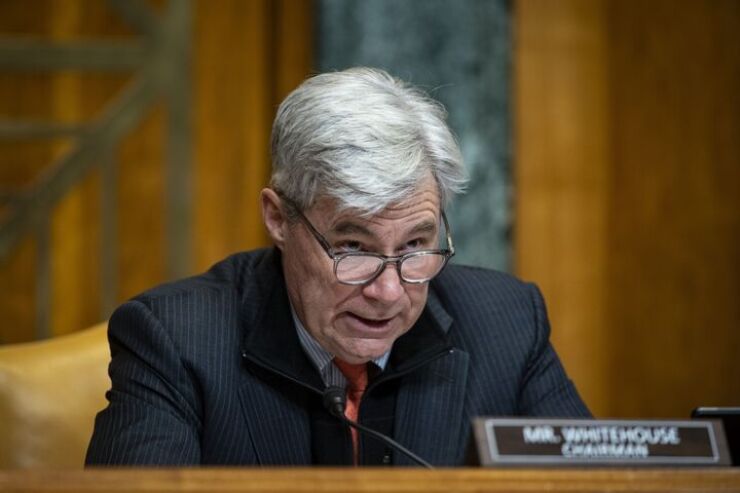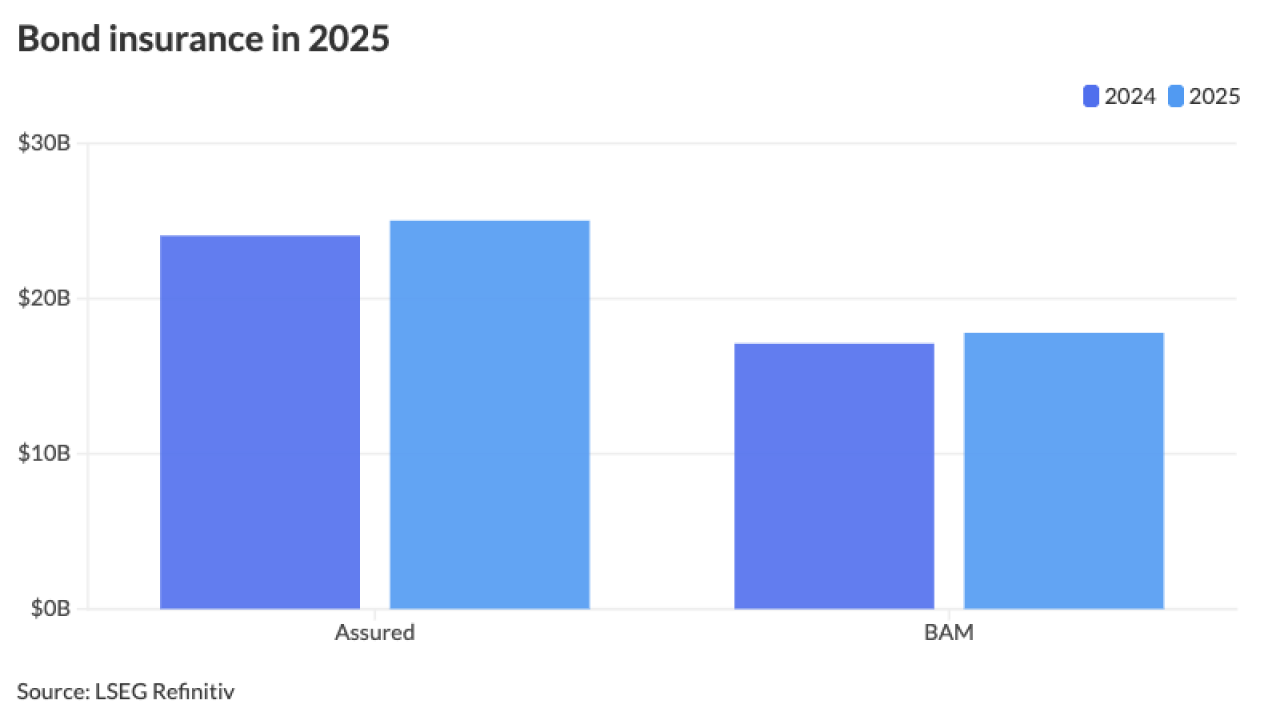The complex relationship between municipal bond issuance and natural disasters is inspiring political debate and conflicting viewpoints with some experts predicting a tidal surge of issuance.
"With or without Congressional intervention, state and local governments are likely to expand medium and long-term borrowing programs to address climate change mitigation and adaptation," said Tom Doe, president, Municipal Market Analytics Inc., via written testimony before a Senate Budget Committee hearing on Wednesday.
Doe cited a $1.8 billion proposed fix that would elevate roads in the Florida Keys to keep them from flooding and take twenty-five years to implement. "Financing will depend on new revenue creation, sweeping spending reallocations, tiers of intergovernmental participation, and very long bond maturities," added Doe.

The comments came courtesy of a rare center-stage appearance for the muni market at a Senate hearing that explored how and if extreme weather events are affecting the municipal bond market.
"More intense storms wildfires, droughts, heat waves and floods, impose higher costs on state and local governments putting pressure on the spending side," said Chairman Sheldon Whitehouse D – R.I. "On the revenue side, storm damage and insurance risk can undermine the municipal tax base. Already climate change is making it harder for municipalities to service their bond payments and making it harder for governments to raise new capital."
Debate about the effects of climate change is a recurring theme in the world of public finance, often splashing over into discussions on municipal credit ratings and ESG, as seen last
Using public financing to back projects that move away from fossil fuels is increasingly common, though there is much skepticism about the value if designating such bonds as "green."
"Of the hundreds and hundreds of bond issues I've worked on, I have not issued, nor have I advised that a client issue, bonds that are designated as 'green,' even if the projects could earn that designation," said Megan Kilgore, city auditor, City of Columbus, Ohio.
"The primary reason is lack of definitive financial benefit. I have also not found there to be any incentive from a rating agency standpoint. Green debt is still considered debt and carries no credit quality advantage."
Republicans on the Committee countered the notion of climate change influencing bond issuance and turned the hearing's focus to cutting the federal budget and fiscal accountability.
"There have been defaults of municipal bonds and it's been in places that've been mismanaged for decades, such as the city of Detroit," said Ranking Member Charles Grassley R – Iowa. "In fact, according to Moody's, they've never seen a bond they rated as a default due to natural disasters."
Familiar existential threats to the debt market beyond climate change were cited by Dr. Matthew Kahn, provost professor of economics and spatial sciences, USC. "Big city municipal bond risk will mainly be determined by public pension obligations and day to day, quality of life concerns leading to suburban flight, not by a change in the frequency of bad weather events," he said.
Pensions have a permanent space on bond holders' radar screens as bonds are sometimes second in line behind pension fund members for payback if a municipality can't pay.
Pension plans often invest in munis, while underfunded pension funds can negatively impact municipal credit ratings. New concerns about pension funding are being raised as many plans are moving toward investing into
The possibility of forming a central, federal agency to help localities navigate the intricacies of tapping federal money and issuing bonds was also proposed.
"There are over 50,000 local governments that issue debt, making it incredibly difficult to generate transformational change using a one-size-fits-all approach," said Kilgore. "We need a one-stop-shop to help local governments with project analyses, regional design, implementation, as well as a place to collect, analyze, and communicate information regarding grant, loan, and financing sources and uses."





